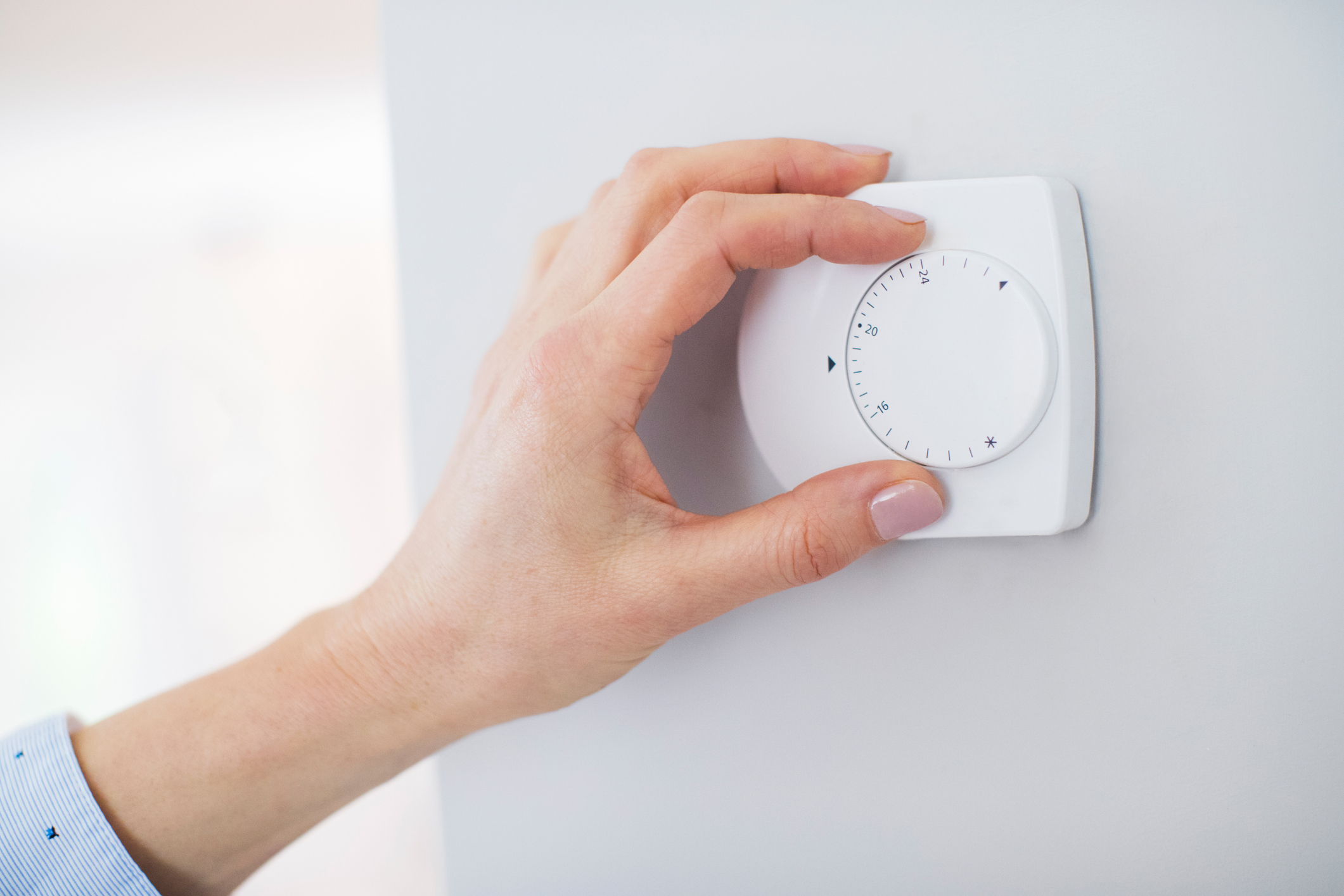A timer or programmer allows you to control when your heating and hot water comes on and when it goes off.
This is useful because it means you can programme your central heating to fit around the way your home is used. If you’re not at home or don’t require heating at night, then you can programme the heating system to switch off during these times.
Older programmers are simple timers that only operate once a day, but modern programmers offer options to control multiple on and off periods. More sophisticated programmers now exist that are usually referred to as smart heating controls, which could offer more convenience and energy savings.
Depending on how your central heating system was installed, programmers are either:
- Single channel – for combi boilers. This only controls central heating as hot water is provided on demand.
- Two channel – for system or regular boilers, controlling heating in a single zone and hot water, or combi boilers controlling two separate heating zones (eg upstairs / downstairs).
- Three channel – for system or regular boilers, controlling hot water and two separate heating zones.
How to set your programmer to save energy
The programme you set will be unique to your heating needs, but here are a few tips if you’re looking to save energy.
- Plan ahead
The less often you have the heating and hot water on, the more money you will save. Think carefully about when you need the heating, and any periods in the day when you don’t need it – for example, if everyone in the home is out at work or school, the heating can be off. Some programmers allow you to set different programmes for different days, so you can match it to your schedule.
- Include warm-up and cool-down times in your programme
It takes time for a house to heat up after the heating switches on and will take a while to cool down after the heating is switched off. Generally, the average house will take about 30 minutes to heat up or cool down, but every home is different.
To find out your home’s ‘warm-up’ and ‘cool-down’ times, you could choose a cold evening and time how long it takes for your house to warm up to a comfortable temperature – this is the warm-up time. Then turn the heating off completely and time how long it takes for the house to start to get uncomfortably cold – this is the cool-down time.
You can now set your programmer, including the warm-up and cool-down time. For example, you can make sure that the heating goes on with a warm-up time before you wake up and turns off before you leave the house. If you insulate your home, it will warm up faster and cool down more slowly, saving you money on heating.
- Don’t forget hot water
Set your water to heat up only when you need it. If your hot water cylinder or tank is well insulated, you may even find that the hot water supply in the morning stays hot enough to use in the evenings.
